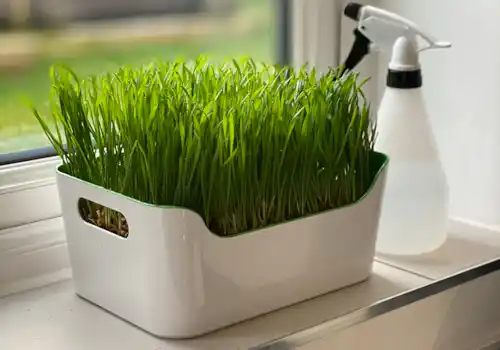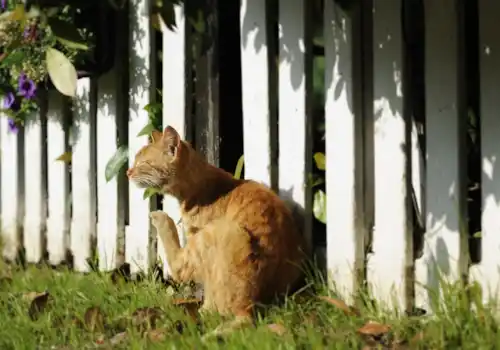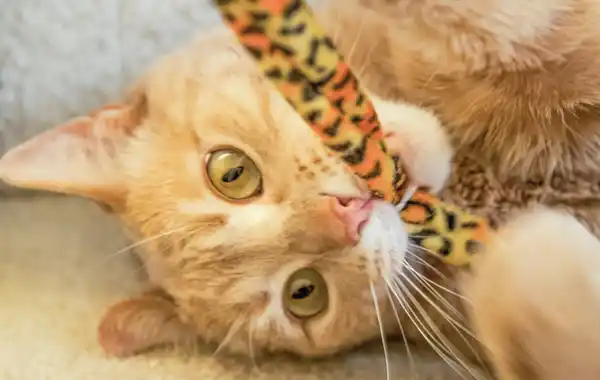The consumption of non-food items can become a serious obsessive problem, explains behaviourist Jon Bowen.
(Q) Why does my young cat chew everything, including socks, cables and underwear?
(A) Behaviourist Jon Bowen says: The consumption of non-food items can become a serious obsessive problem requiring professional help. Resolving this situation is going to depend partly on prevention, partly on deterrence and partly on providing other things for your cat to do.
Start by making a list of all the things that your cat has damaged so far. Try to identify a pattern; it looks like washing is one of the things he most likes to destroy. You need to cut off access to as many of these items as you can. There will be a few things, like electrical cables, that cannot be hidden or put beyond reach. To these you can apply eucalyptus or lemon oil, both of which act as deterrents to cats and will generally stop them chewing things. These oils can be applied to a cloth and wiped onto plastic, cables and hard surfaces. Mix a few drops of oil with some water and spray the mixture onto fabrics (shake to mix before each application, and do a fabric test first because oils can stain cloth).
Lastly, you need to think about what motivates your cat and how to channel his energies into something else. Shift your cat onto ad-lib feeding through at least two activity feeders. Scratch posts and toys made from laminated layers of corrugated cardboard will give him things to scratch and destroy that are relatively harmless if he consumes a little. Give your cat more outdoor access, if you can, using a secure cat flap that gives him the freedom to come and go at will, but prevents other cats from entering.
Inside the home, give him access to as many rooms and as much space as possible. Clear shelves and encourage him to climb on them by leaving treats and toys for him to find. Install some cat furniture with places for your cat to hide and climb. Keep a box full of small toys and scatter a new selection around for him to find every day. Play games with your cat several times each day, especially in the morning and evening when he will be most interested. If your cat continues to be destructive even after all of these changes, then you should talk to your vet about a referral to a qualified behaviourist.







